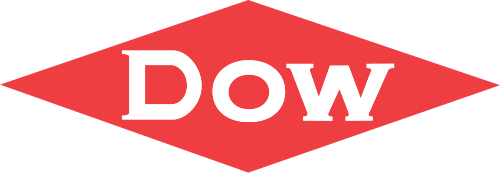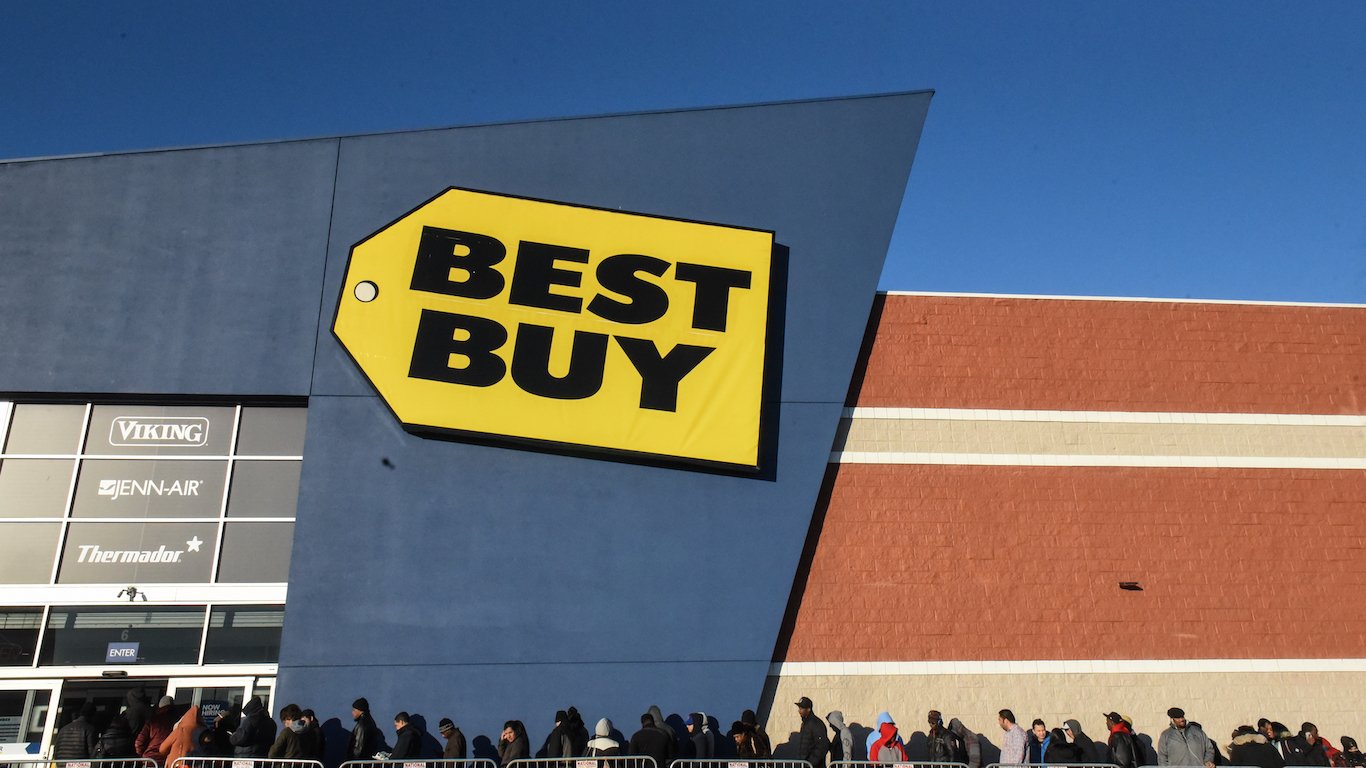Merrill Lynch’s Kevin McCarthy released a report on the major chemical companies early this week, and it takes a more cautious view on the industry. The caution is related to the firm’s view on the ethylene cycle, considering the oil-related margin pressure and potential impact on the natural gas liquid supply. Record U.S. ethylene low margins in the second half of 2014 could remain for a long time, given there is not a meaningful resurgence in the price of crude oil. Source: courtesy of Dow Chemical Company
Source: courtesy of Dow Chemical Company
As a result, Merrill Lynch downgraded shares of LyondellBasell Industries N.V. (NYSE: LYB) and Westlake Chemical Corp. (NYSE: WLK) to Neutral from Buy and lowered the price objectives as well. Dow Chemical Co. (NYSE: DOW) did not receive a formal rating downgrade from Merrill Lynch, but it did have its price objective lowered.
These changes reflect the estimated earnings impact of the precipitous decline in crude oil, where Merrill Lynch now models a forward curve price of $53 per barrel for 2015 versus a peak of $115 per barrel in mid-June 2014 and $87 as recently as November 1, 2014. Merrill Lynch continues to view pressure on crude oil prices as a primary risk for U.S. petrochemical stocks.
ALSO READ: The Bullish and Bearish Case for DuPont in 2015
The brokerage firm detailed a potential downside scenario:
Cheaper ethane and especially propane costs have mitigated near-term pressure on U.S. ethylene margins. However, the sustainability of inexpensive U.S. natural gas liquids (NGL) appears more tenuous to us with crude oil having collapsed. We see risks mounting in the form of diminished U.S. supply coupled with rising demand for ethane to feed new world-scale crackers set to come online in 2017+. As a result, our base-case scenario is that the U.S. ethane market re-balances in late 2017. This would have two negative consequences in our view: (1) restoration of ethane’s traditional premium vs. natural gas would imply an ethane price lift of ~$0.20 per gallon translating to $0.08-0.09/lb of incremental pressure on ethylene margins; and (2) trading multiples for ethylene stocks could compress further if investors come to believe that US ethane oversupply — the shale gas boom’s principal benefit for U.S. petrochemical producers — will not extend to 2020+.
Chemical companies are large consumers of energy and energy-linked raw materials, including oil derivatives such as benzene and propylene. A majority of the U.S. petrochemical feedstock base is natural gas linked, not oil linked, and less expensive crude oil is expected to stimulate demand over time.
Lower oil prices are a very real threat for the U.S. chemicals sector. As a result, oil prices will translate to lower earnings due to a compression of the oil/gas ratio, a consequent flattening of global cost curves, lower selling prices for petrochemicals and lower unit margins.
Merrill Lynch’s price objectives for the companies are:
- Dow Chemical, $47
- LyondellBasell, $98
- Westlake, $68
ALSO READ: The Bullish and Bearish Case for 3M in 2015
Dow Chemical shares were down 2.5% at $43.42 in Tuesday morning trading. The stock has a consensus analyst price target of $51.65 and a 52-week trading range of $41.45 to $54.97.
LyondellBasell shares fell 2.5% to $77.31. The consensus analyst price target is $95.35, and the 52-week trading range of $70.06 is $115.40.
Westlake shares decreased roughly 2% to $57.34. The consensus price target is $74.72, and the 52-week trading range of $53.43 is $98.44.
Essential Tips for Investing: Sponsored
A financial advisor can help you understand the advantages and disadvantages of investment properties. Finding a qualified financial advisor doesn’t have to be hard. SmartAsset’s free tool matches you with up to three financial advisors who serve your area, and you can interview your advisor matches at no cost to decide which one is right for you. If you’re ready to find an advisor who can help you achieve your financial goals, get started now.
Investing in real estate can diversify your portfolio. But expanding your horizons may add additional costs. If you’re an investor looking to minimize expenses, consider checking out online brokerages. They often offer low investment fees, helping you maximize your profit.
Thank you for reading! Have some feedback for us?
Contact the 24/7 Wall St. editorial team.



